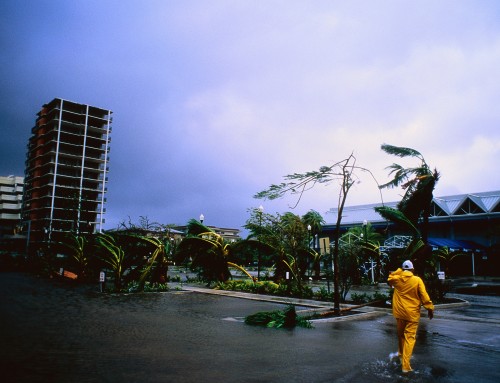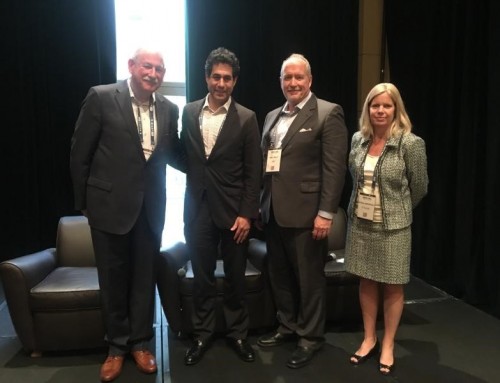Learnings from the 2019 Cowen and Company 5th Annual Future of The Consumer Conference
Kevin Mullaney, CEO, and Steve Goldberg, President of The Grayson Company, attended the April 2019 Cowen and Company 5th Annual Future of The Consumer Conference in New York City
This Conference included an exceptional group of brands, retailers, wellness and hospitality innovators, both emerging and legacy, as well as critical thinkers and experts in supply chain, and transportation technologies.
Since this Conference is about the future of the Consumer, a thematic thread through almost every presentation was the race to engage today’s consumers with not only compelling product, but extraordinary and relevant frictionless experiences in the future. The stakes to acquire and retain customers and earn their loyalty has never been higher and the tools to reach and transact with consumers never more sophisticated.
The economic backdrop to this conference was still very positive. Employment is at high levels, and consumer sentiment is strong. However, some important preliminary signs of “softness” and headwinds in the economy were discussed and cast a “cautious optimism” over the conference.
Some of the top learnings from the Cowen Conference.
- New Consumer Experiences and Engagement are Critical
What did Legacy retailers like Walmart, Kohl’s, Tiffany, and Nordstrom all have in common? They recognize that “no brand has an entitlement”. Each of these retailers are engaged in massive makeovers of how they reach the consumer, the range of their services and, of course, their product offerings. What impressed us:
- Kohl’s is now engaged in an aggressive array of new brand introductions such as Nine West, The Property Brothers, and Evri (plus size), as well as shop in shop partnership tests that include Planet Fitness, Aldi, Amazon, WW (Weight Watchers), and PopSugar.
- Nordstrom continues its obsessive focus on its customers holistically and not by “channel”. They plan to continue to leverage their unique service offerings, such as tailoring to deepen their customer relationships. Note that Nordstrom is now the largest employer of tailor’s in the U.S. and plans to further leverage this unique service capacity.
- Autonomous Vehicles are Here, and Will be Vital to the Consumer Infrastructure
This is not just about having an Uber flying taxi or a Jetson’s era car in your backyard. The fact is that we are facing a dramatic shortage of pilots; the pipeline of new pilots to replace mandatory retirees is simply insufficient. Similarly, there is an urgent shortage of truck drivers today, let alone what we will face in the near future. Securing an uninterrupted transportation pipeline is vital for every level of commerce and is accelerating the race towards autonomous vehicles. And, by the way, Amazon is in the process of assembling its own massive air fleet, as well as a dedicated airport.
- The Cannabis Industry is Exploding
As regulatory hurdles continue to fall, the Cannabis industry is exploding in its range of product offerings, both recreational and medicinal. Retail concepts, as well as CPG level wholesale brand concepts are emerging at a rapid pace.
- Blurring the Lines Between Physical and Digital Engagement
Retailers continue to “blur the lines” between delivering physical and digital experiences.
- Health and Wellness companies such as Planet Fitness are in a hotly competitive race to ramp up their “APP” experiences to allow consumers to workout “anywhere” and to have a vast array of wellness solutions at their fingertips. Peloton is making massive investments in these technologies as well to “merge” the physical and digital worlds.
- Walmart is pushing the envelope of digital / physical experience with “curbside” grocery pick up tests
- Supply Chain Disruption
- The trade wars between China and the U.S. have had massive cascading impacts on Supply Chain efficiency and costs.
- Suppliers in “secondary” markets such as Viet Nam simply do not have enough capacity or infrastructure now to “offset” the disruption on the China supply chain machine. However, aggressive investments are being made throughout alternative supply chain sources in anticipation of future disruption.





